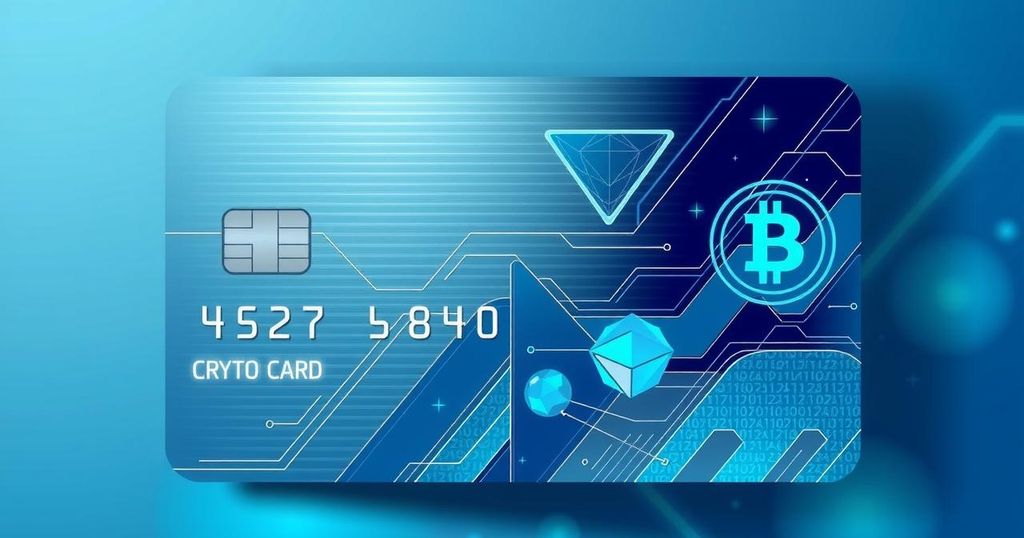MetaMask to Unveil Self-Custody Crypto Payments Card with Mastercard
MetaMask is set to launch a self-custody crypto payments card backed by Mastercard. This card aims to enhance users’ spending abilities while addressing risks linked to centralised exchanges. With competition rising in the crypto card market and a recent decline in user activity for MetaMask, this move could invigorate their standing. As crypto payments grow, several brands and apps are exploring more adoption of digital currencies.
MetaMask has announced the launch of a new crypto payments card designed to allow users to spend their self-custodied digital assets. This initiative, backed by Mastercard, is being developed alongside partners CompoSecure and Baanx. The card aims to make transactions swift, utilising smart contracts to handle real-world purchases with a processing speed of under five seconds, all on the Linea network, a layer-2 scaling solution that integrates with Ethereum.
The firm has positioned this self-custodied crypto card as a safer alternative to the risks posed by centralised exchanges. This comes in light of a recent incident where Bybit, the second-largest exchange, fell victim to a $1.4 billion hack, highlighting vulnerabilities in crypto ecosystems. MetaMask’s entry into this space is notable as several major exchanges, including Binance and Coinbase, already provide their own crypto debit cards, some featuring attractive crypto-back rewards.
Recently, MetaMask has faced challenges, with declining interest impacting its engagement in the Ethereum ecosystem. Data from Dune Analytics reveals that the wallet generated just $289,312 in fees during the week of April 14, contrasting sharply with $1.3 million collected during the same week last year. This underscores the increasing competition in the market as companies seek to adapt and innovate in a rapidly changing landscape.
Looking ahead to 2025, payments through cryptocurrencies are rapidly becoming a dominant use case, providing practical applications for digital currencies. A growing list of luxury brands, such as Dorsia, are now accepting various cryptocurrencies, and developments are appearing in other sectors too. The messaging application Signal is reportedly considering the integration of Bitcoin for peer-to-peer transactions while a bill in New York aims to make using Bitcoin and other cryptocurrencies legal for state payments.




Post Comment